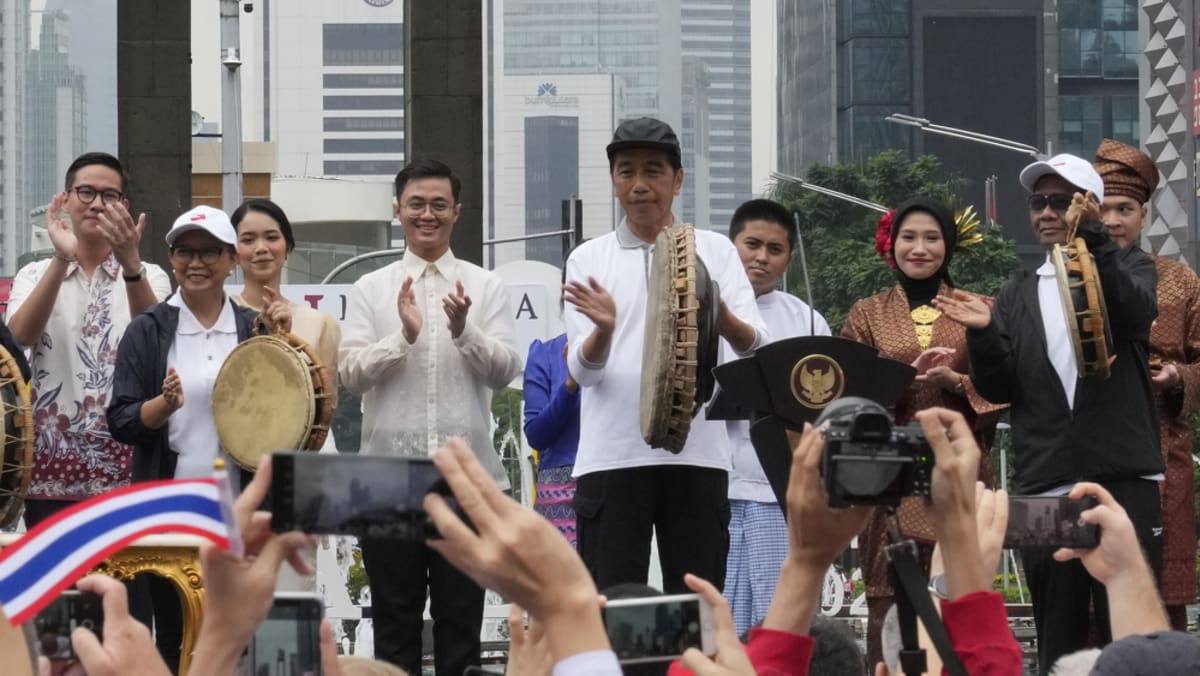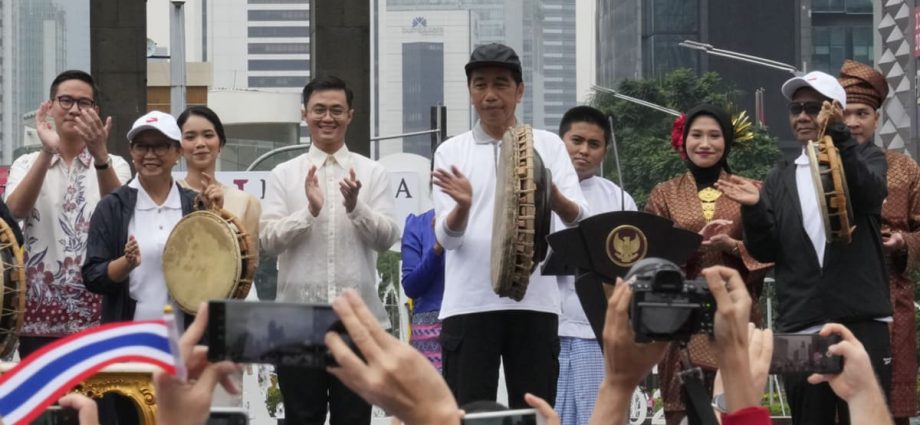
The Five-Point Consensus is ASEAN’s peace plan for Myanmar, which was agreed on by all 10 leaders in Jakarta in April 2021, two months after the military coup in the member country.
The plan calls for an immediate cessation of violence, dialogue among all parties, the appointment of a special envoy, engagement with the envoy, and regional humanitarian assistance.
INDONESIA’S COMMITMENT TO IMPROVING MYANMAR SITUATION
Indonesia said it has formed the office of special envoy to Myanmar led by the Foreign Minister as mandated by the Five-Point Consensus.
However, head of the Department of International Relations at Jakarta-based Centre for Strategic and International Studies Lina Alexandra said such a strategy may be too short-sighted to work.
“Looking at the complexities of the crisis, it will never be solved in one year. That’s why if each ASEAN chair just thinks within the framework of one year, it will not go anywhere. Rather than the chair’s special envoy, it should be ASEAN’s special envoy,” she said.
“ASEAN needs to deal with this, not individual chair, because it’s like passing the ball from one chair (to the next). Okay, now it’s your problem, now it’s your turn.”
Indonesia will also try to engage with all stakeholders in Myanmar, something which the previous two ASEAN chairs – Cambodia and Brunei – had failed to do.
“At the moment, there is distrust towards ASEAN from the opposition, from the NUG (National Unity Government) because they’ve been disappointed in the move by some ASEAN countries who seem to be giving endorsement to the junta,” said research professor Dewi Fortuna Anwar.
“So, it is very important, considered to be an achievement, if during the Indonesian championship, there’ll be possibilities for the various parties to meet together.”
CHALLENGES FOR ASEAN
However, despite ASEAN’s commitment to improving the situation, the regional group’s clout on Myanmar is limited and it is unable to take a tougher stance against the military regime, said Prof Anwar from the Research Center for Politics, National Research and Innovation Agency (BRIN) in Jakarta.
“Unfortunately, ASEAN does not have a mechanism for definitive suspension, let alone expulsion of a member. In the UN, you know, a member can be suspended through the action of the UN Security Council. The Commonwealth can suspend its members, but ASEAN, unfortunately, does not have that kind of stipulation,” she said.

